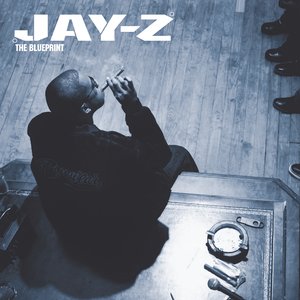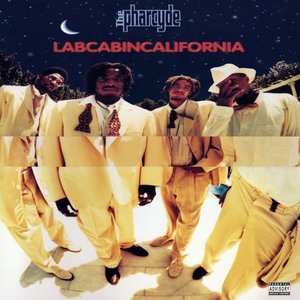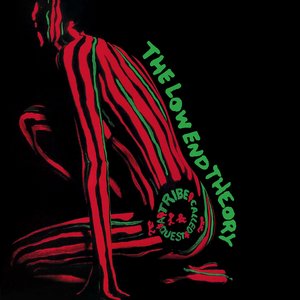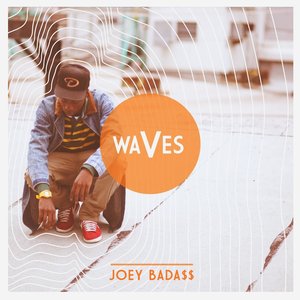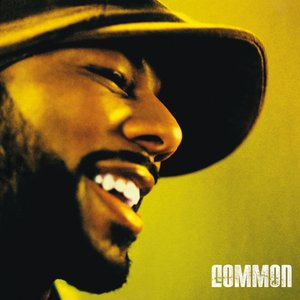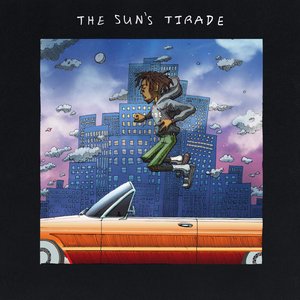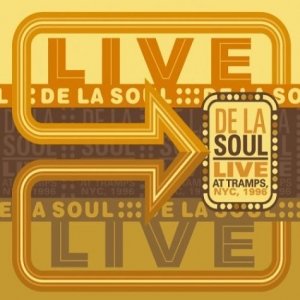Wiki
-
Length
5:19
Produced by OutKast for Earthtone
A three-dimensional aural massage with a mystical hook that gave cause to question everything you ever thought you believed and to believe nothing you never thought to question
Mr. DJ: On the album before Aquemini, me and Dre grew dreads. We went to Jamaica one time and took our cornrows out and we swam in the ocean, and we decided we were never going to comb our hair again.
After having dreads you realize how people discriminate against you just because of the way you look. Towards the end, around the time we got ready to do this album, we just cut our dreads off. So that's what Dre was referring to when he says: 'Is every nigga with dreads for the cause?/Is every nigga with golds for the fall?" He's just explaining that you can't judge a book by its cover.
Andre 3000: I was a young man searching, a young black man, so I was looking into Rastafarianism, Islam, whatever. I started to notice that all the stories were similar, it was more about a mutual respect and exchange of energy. When you rap and say anything kinda conscious, all the conscious people approach you. So after ATLiens I got it all - from books on sex to and religion. But you also get introduced to a lot of fake phony ass people, and I addressed it in the song. You find some of the fakest people with dreads pouring oils on you. And it's really kind of mind-blowing when you're a young person and you start to find out some of this is bullshit, so then you're just out there searching.
Big Boi: 'Aquemini' was just the meshing of both worlds, with me being an Aquarius and him being a Gemini. It was subtle on ATLiens, but by the time we got to Aquemini it was like we had two different visions that were . So the thing with us was to always show the team.
Preston Crump (bass player): Dre was very experimental. He wanted you to bring in all the stuff you've got and I'd be like, "Yo, I ain't bringing all that stuff in the studio." He'd say, "You got some more effects?" But it was cool, I understand where he was trying to go.
Andre 3000: My biggest is my mouth. I'd just lean over to Preston and say: ba-boom, ba-boom. And he'd just kinda go in on it and freak it and make it his own. There's always some improvisation 'cause I ask for it. I want them to take my idea and make it better. I can't play it at the time I couldn't create it. They're accomplished musicians so you want them around. They bring good ideas.
Mr. DJ: Dre started learning how to produce together. We would sit around and watch Rico and Ray all the time, and it was just the coolest shit to see them with the cigarette hanging out one hand and just going in on the beat machine - that was an art in itself, not to mention what came out of the machine.
More than knowing what we were doing, we were just imitating what they were doing. We got the same equipment and we were on the road traveling. We eventually learned what we were doing, but for the most part, we were just going through the motions and trying to do what they were doing and finally learned how to start producing. Dre got really into it. Dre doesn't spend a lot of money on a lot of stuff, but Dre spent a lot of money on music equipment.
Omar Phillips (percussionist): Of course, back then we had the kind of budgets where we could really just live at Doppler Studios. It was just eat, live, sleep, music. We started recording around 8 p.m. and we would come out of the studio at like 6 or 7 in the morning. We were all set up at the same time, which is another great thing about those tracks. There was very little overdub involved. What you hear is what we were hearing. We all tracked at the same time, old-school.
Neal H. Pogue: That was the beauty of making all those records - having musicians come in and out. It was almost like a Motown, that's what we had. Or like a Stax Records thing. That's what I loved about it. It brought back that whole feeling of making records. It was organic.
That was one of my favorite mixes because when Dre says, "It's him and I/ Aquemini" and there's a delay, I wanted to make sure that was a statement. So I put that delay on there just to make it bigger. I always wanted it to come across like it was dimensional, like you could actually put your hands through the song.
Track descriptions on Last.fm are editable by everyone. Feel free to contribute!
All user-contributed text on this page is available under the Creative Commons Attribution-ShareAlike License; additional terms may apply.

